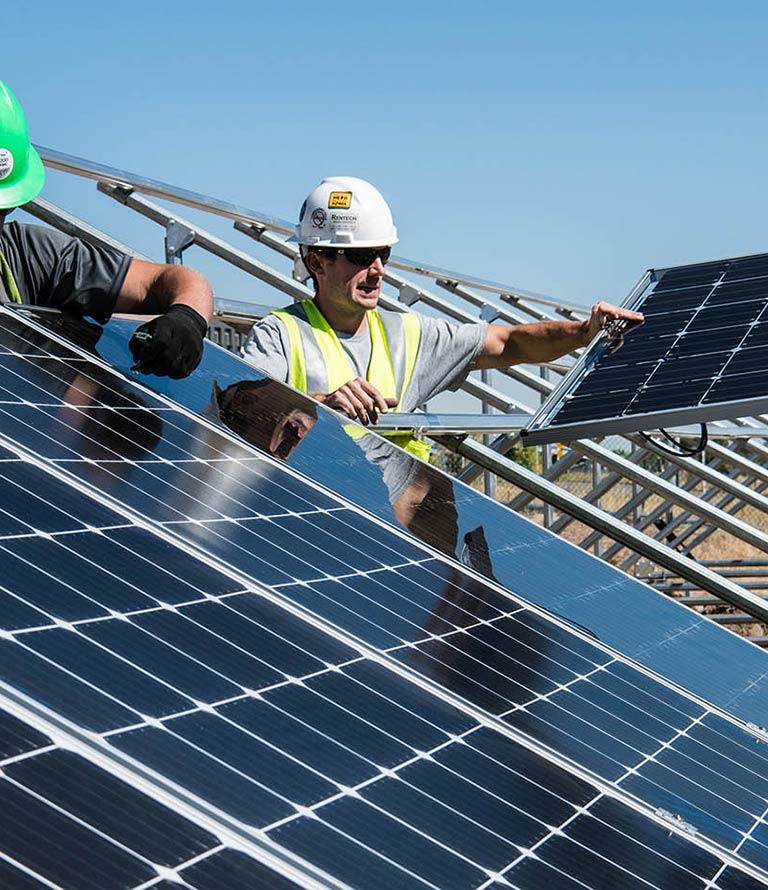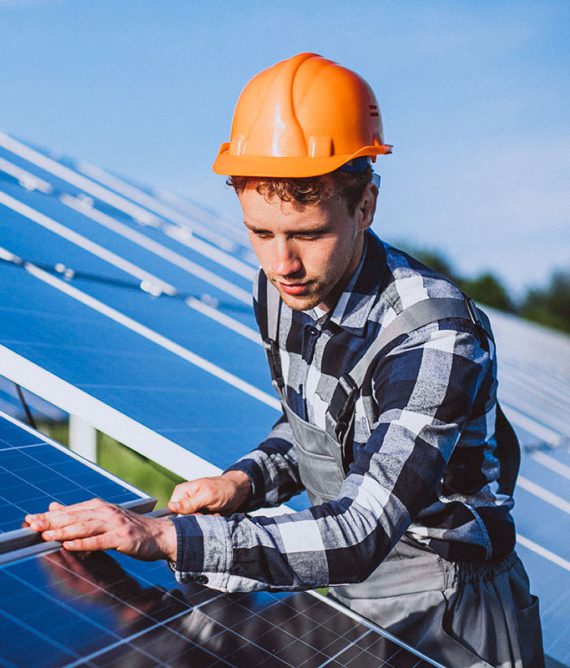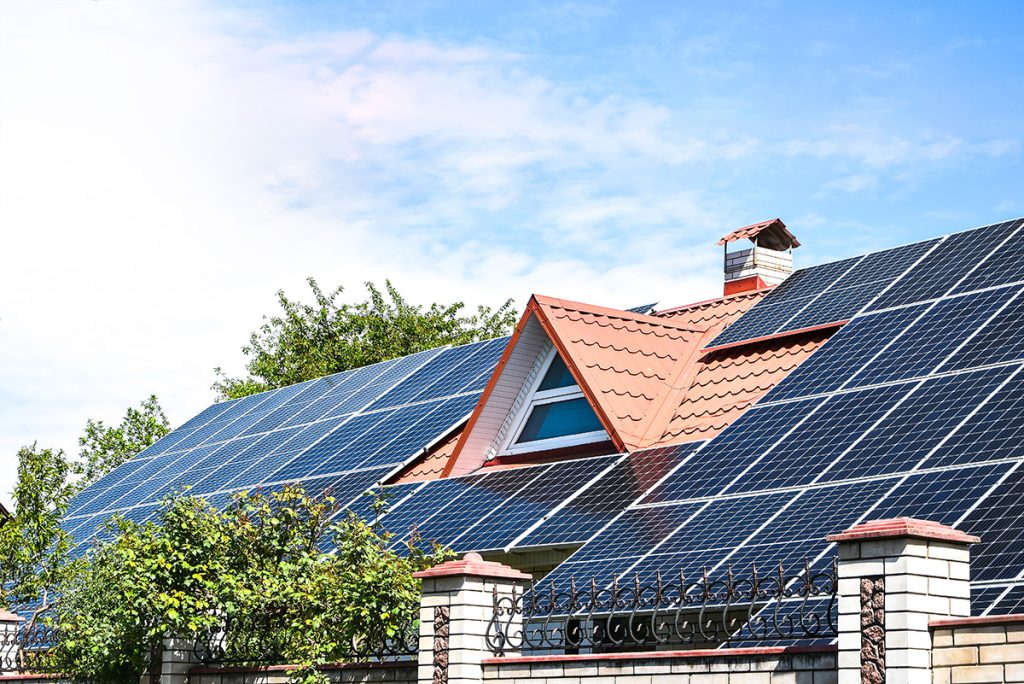The first ever oil exploration in Barbados occurred on the East Coast where Lloyd’s Oil Co embarked upon completing “Hand dug” wells to depths of approximately 100 ft during their 20-year tenure.
- BNOCL: 246-418-5200
- BNTCL: 246-418-1500
- info@bnocl.com
About
Who We AreOur History
Commercial hydrocarbon exploration and production began with oil seeps in the Scotland District and the mining of “manjak’ (a type of bitumen) which sparked tremendous interest in the emerging oil and gas industry in Barbados.
One of the early geographical assessments of Barbados was undertaken in the Scotland District by German/British explorer and surveyor, Sir Robert Hermann Schomburgk.
In later years geological assessments were conducted by British Geologists Sir John Burchmore Harrison and Alfred Jukes-Brown who were amongst the first geologists to attempt such a feat.
The first machine-drilled wells, fourteen in all, ranging between 590 – 1,600 feet and 50 hand-bored wells between 30 – 100 feet were completed in the Scotland District.
These were accomplished by the West India Petroleum Company which began its operations at that time.
The first resident Geologist, A Menzies, prepared a comprehensive assessment of the Scotland District’s geology.
Gas well Turners Hall No.19 was drilled and produced considerable quantities of gas. This well continues to supply small quantities of natural gas to the National Petroleum Corporation up until today.
General Crude Oil Company (GCOC) superseded Gulf Oil and over a 10-year period drilled 16 exploratory wells around the island. Under its management, the Woodbourne oilfield was discovered.
This marked the beginning of sustained drilling and production operations in that field. By the early 1970s those wells were producing approximately 760 barrels of oil per day.
Mobil Explorations Incorporated acquired the assets of (GCOC) and continued the Woodbourne drilling programme until 1982.
They conducted an island-wide extensive seismic survey including a 3D survey in the Woodbourne field; the first of its kind in the island.
The Barbados National Oil Company Ltd (BNOCL) was formed after the Government of Barbados acquired the assets of Mobil Oil when that company relinquished its onshore lease.
BNOCL received technical and financial assistance from Petro-Canada and Petrόleos de Venezuela for its first major drilling programme. At the conclusion of that programme, 112 new wells were completed, including 20 in the Scotland District specifically aimed at reviving oil production in that location.
The Liquified Petroleum Gas (LPG) Plant was built to process and compress local natural gas for delivery downstream to the National Petroleum Corporation, the sole distribution company of natural gas in Barbados.
This plant was officially opened in 1988 by then Prime Minister, Erskine Sandiford.
BNOC entered a Production Sharing Contract with Waggoner Barbados Ltd aimed at increasing oil reserves, production and exploring new oilfield locations.
New technology was introduced to the fields when the first two horizontal wells were drilled in Central Woodbourne. Twenty vertical wells were also completed during that six year partnership.
Crude oil and natural gas production peaked. The average daily production of oil and natural gas was 1,937 barrels and 4,536 mcf, respectively.
At the close of that year BNOCL achieved its highest production when it extracted a total of 707,564 barrels of oil and 1,656,878 mcf of natural gas
The Liquified Natural Gas (LNG) Plant, a fully functional regasification facility, within the Woodbourne Gas Plant was commissioned on December 15, 2015.
This plant was built to transfer LNG from LNG ISO container tanks into the pipeline in order to improve energy security, stabilize Barbados’ energy supply and maintain competitive costs to the end-users.
In 2020, the company embraced clean energy solutions
Our forerunners have illustrated the company’s leadership and pledge to be a partner and the operational instrument of the government. Our generation is committed to this philosophy and have developed a strategy that will further exemplify this pledge. Within BNOCL we have transformed our strategic outlook, expertise and operations and broadened our scope from local onshore oil and natural gas exploration and production to a frontier where the addition of photovoltaics, wind, biogas and offshore exploration and production will now become our new reality.
The management and staff have continually pushed the boundaries of our resources, competencies and technologies to achieve energy independence. The local (and global) energy industry is in the process of transformation from fossil fuel dependence to renewable energy, illustrating its commitment to the tenets of the Paris Accord 2015 and the reduction of global greenhouse gas emissions.
As we journey towards 100 percent renewable energy, BE stands with the Government of Barbados (GOB) and the Ministry of Energy and Water Resources in a joint strategic and operational effort in achieving this monumental task.
- Reliability, performance
- Innovation, Quality And Continuous Improvement



